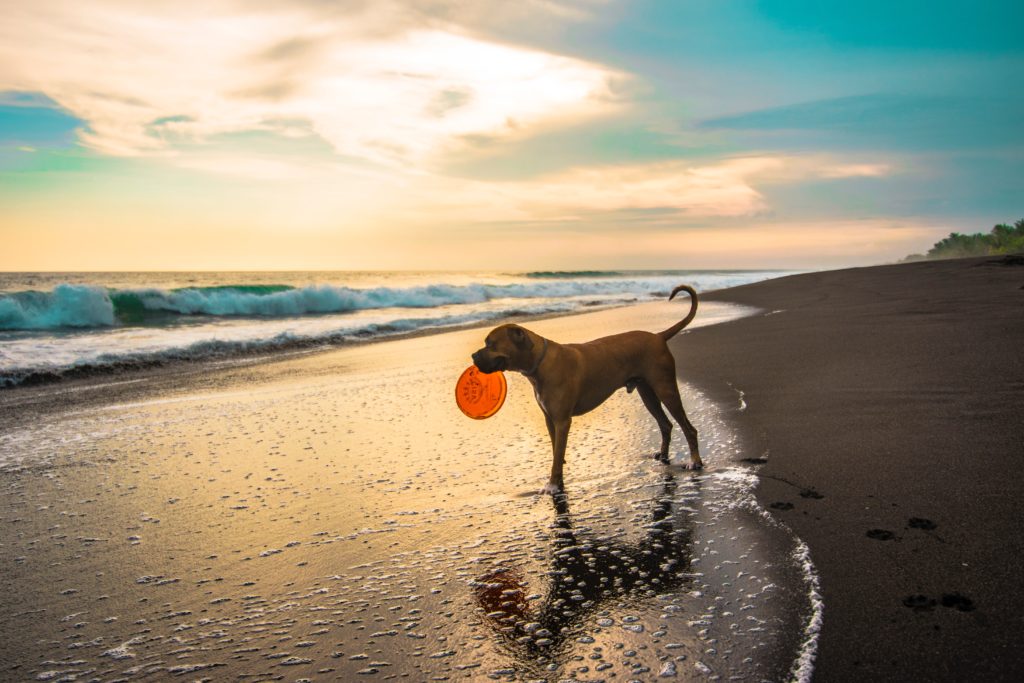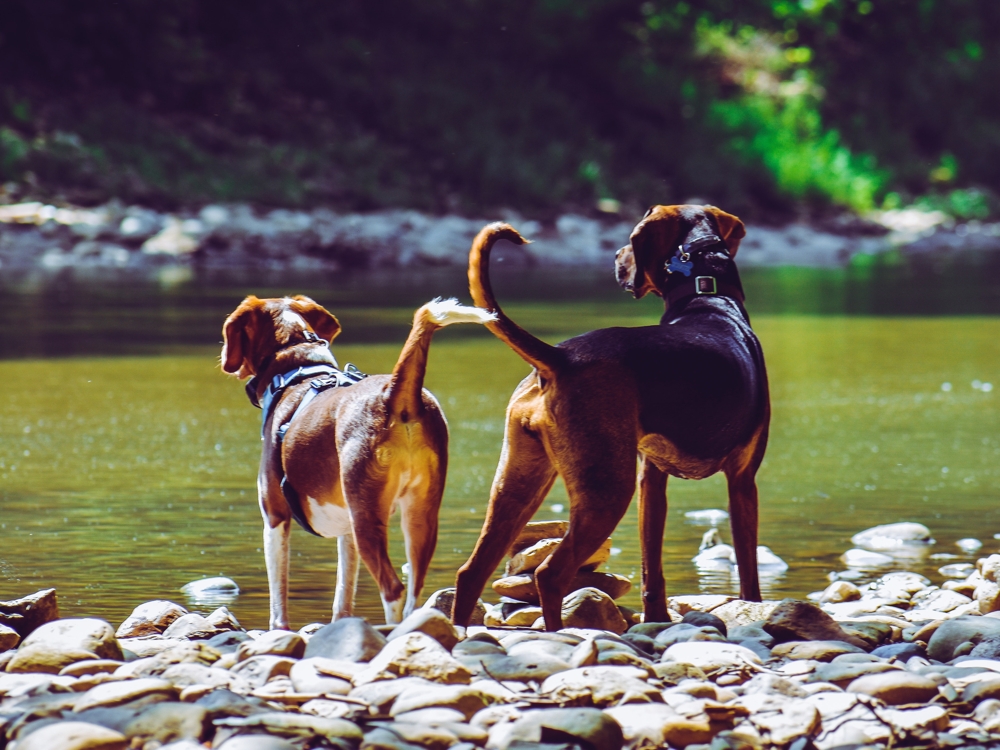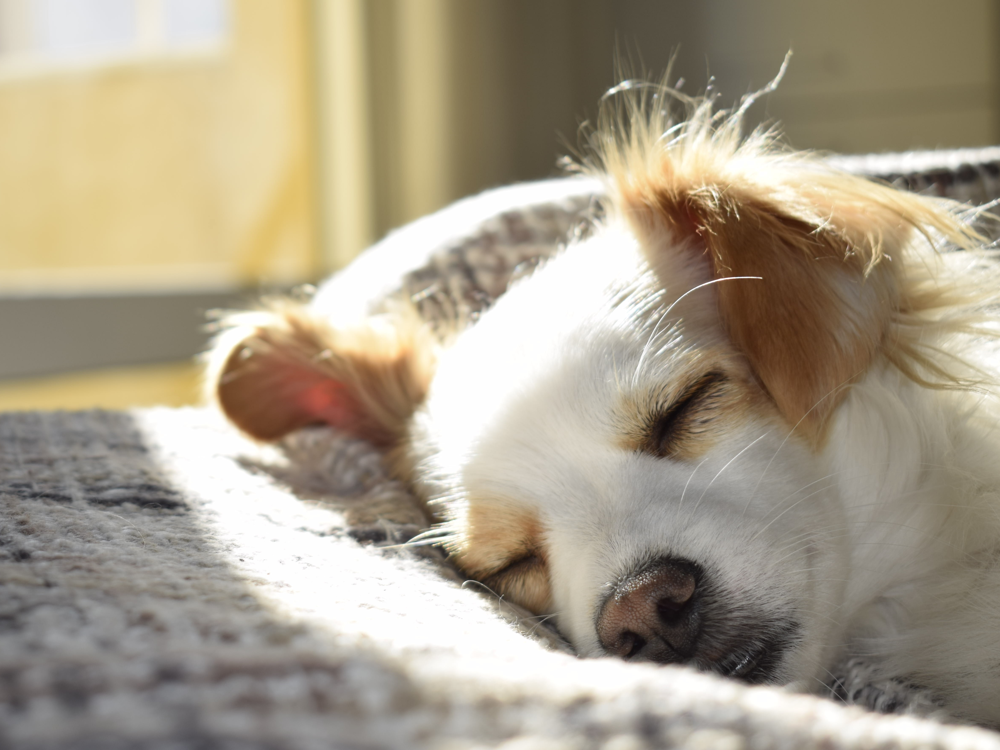Dogs & holidays: Should they stay or should they go?
Share
[Sassy_Social_Share]Summer is coming, and many of us are dreaming of taking holidays. For pet owners, the plans have to include more than finding your dream destination at the right price. We also have to think about what’s best for our dogs.

Summer is coming, and many of us are dreaming of taking holidays. For pet owners, the plans have to include more than finding your dream destination at the right price. We also have to think about what’s best for our dogs. There’s no one solution for all situations. What you do with your pet dog while you are away on holidays depends on your dog’s temperament and what options you have. Basically, it boils down to three possible options:
- Take your dog with you.
- Board your dog in a trusted kennel.
- Find a reliable pet sitter or house sitter.
Which option is best depends on your dog’s temperament, where you are going, how you will get there, and what accommodation you have. Taking your dog with you is not always an option. If you have found pet-friendly accommodation in Ireland, that’s one thing. But what if you are going overseas?
Dogs cannot travel freely around the world. Different countries have different laws about quarantine and animals entering. Flying is problematic. Summer is a terrible time for dogs to fly. Spring and autumn are the safest times because the section of the plane where pets travel is less protected from temperature extremes than the cabin. And regardless of what you have been told, it is always possible that airline staff will bump your dog to cargo. Another passenger could be allergic, for example. Generally speaking, your dog would be safer and happier home in Ireland while you are overseas. But they do love a local holiday with you!
Taking Your Dog on Holidays
Bringing your dog for a weekend or holiday within Ireland can be great fun. He’s easier to pack for than any other member of the family! All he needs is his lead, his harness, dog seat belt, his bowls, his food and a few toys. Before you book, make sure your pet meets the criteria. For example, some accommodation will accept only small dogs or only one dog. If you have a couple of Labs, those are not the places for you.
First, you need to plan for a long drive with your dog. You’ll need a dog seat belt to ensure he stays in his seat and to protect him in case you need to break suddenly or are in an accident. Your dog will enjoy having his window open a little so he can sniff the air, but don’t open it too much. He should not be able to get his whole head out. Dogs also need potty breaks and water while they travel.

Once at your accommodation, check for any hazards to your dog and anything your dog could easily damage. You will probably leave your dog alone at times, and it is important to keep him comfortable and safely confined. Shutting him in a kitchen will keep him on an easily cleaned surface. Put on a radio and leave him with a new chew toy so he doesn’t get bored.
One danger is of your dog getting lost. Remember to ensure his microchip details are up to date before you go, and don’t let him go off lead in a new place. Check how secure the garden is before letting him out off-lead, even for a quick potty break.
Separate Holidays – Putting Your Dog in a Kennel
Leaving your dog in a trusted kennel means you also get a holiday from dog care. We love our dogs, but like children, it’s nice to have a break from their needs sometimes. With the right kennel, your dog will be having a holiday of his own. Before you leave your dog in a new kennel, make sure you are comfortable with it. Check reviews, interview the owner and arrange to visit it personally before you book. Ask what the policy is if a dog become ill or is injured at the kennel. Will they call your vet or theirs? Your dog should have his own indoor and outdoor space. He should be walked on lead daily. Ask about the food. Some dogs develop upset stomachs if they change food abruptly, while others are on special diets. It is fine to ask if you can provide your dog’s regular food. (Keep in mind this won’t affect the cost because food is a small part of the overhead. The kennel also has to pay for the space, pay staff, insurance and other expenses.)
If your dog is new to kennels, and especially if your dog was in a rescue, it helps to start with an overnight visit. Once your dog stays one night and sees you return for him in the morning, he will less anxious. He might also like to have a comfort item from home such as a favourite toy, but probably not anything difficult to clean or anything that could pose a choking hazard. Seeing you chat with the kennel staff will also reassure him that he is in a safe place.
Finding the Right Pet Sitter
Sometimes a pet sitter is the best option. If you know someone who can stay in your home and you trust that person to be responsible for your pet, it also means your house is a bit safer. Some dogs will be more relaxed at home. If you don’t have a friend or relative who can stay in your house, you can investigate hiring a professional pet sitter. Ask your vet and other dog owners for recommendations. It takes a lot of trust, and if you don’t have someone you can trust that much, your dog will probably be better off in a kennel. Visiting the house once or twice a day is fine for cats, but not enough for dogs. Your dog needs more potty breaks than that, and he needs company too.
Which option is best for you also depends on your dog. Some dogs love to explore the world by your side, while others become extremely anxious without a routine. Some are so high energy that you worry they would destroy a rental cottage. Others find a quiet spot to snooze wherever they go. It also depends on how you plan to spend your holiday. If you are planning a cosy retreat where you go for long walks and relax in your accommodation, most dogs would enjoy that. But if you are hoping to see a lot of sights, visit museums and go out at night, most dogs would be happier in a kennel.





